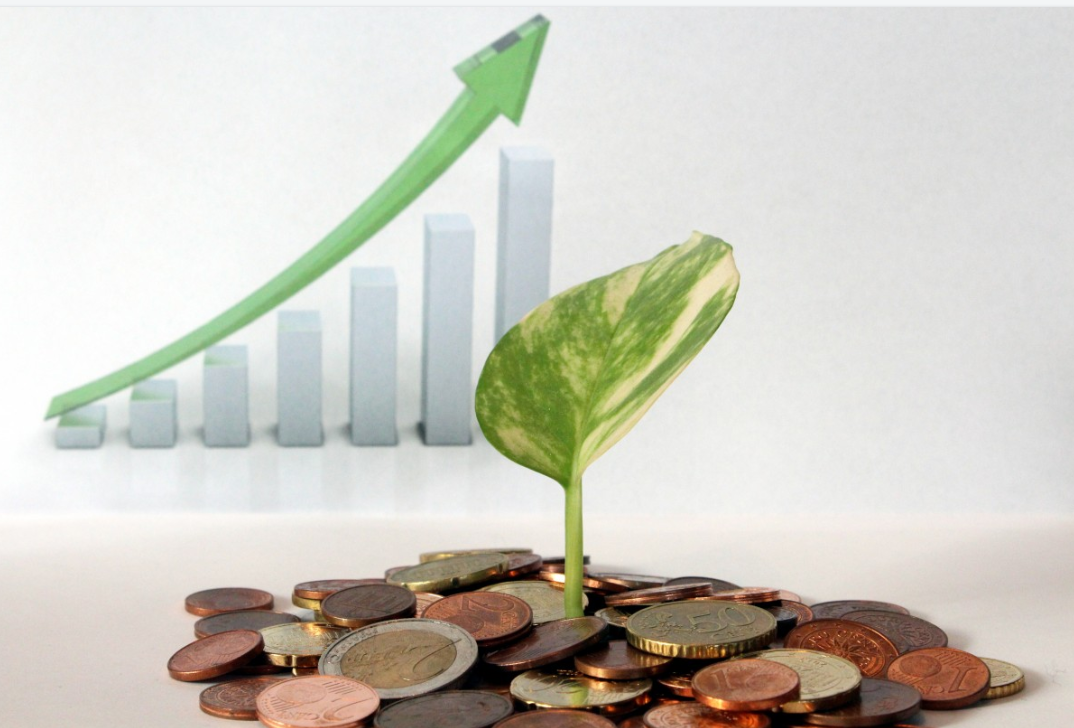Iran plans to boost state coffers by selling oil securities to Iranians
"This strategy will create a significant debt burden that the government will have to face, raising pressure for negotiations over sanctions relief in the coming years," said Henry Rome, an analyst at Eurasia Group. The International Monetary Fund estimated in April Iran could hit a budget deficit of nearly 10% this year from a 5.7% deficit in 2019.

- Country:
- Iran Islamic Rep
Iran plans to start offering oil-backed securities to its citizens, President Hassan Rouhani said on Wednesday, as part of the government's efforts to boost state coffers hit by U.S. sanctions and the coronavirus crisis.
Iran's economy, further strained by low oil prices, has been suffering since 2018 when the United States exited Tehran's nuclear deal with six world powers and reimposed sanctions, strangling Iran's oil trade. "Gold and the dollar are not the places to be investing. But the stock market and oil are," Rouhani said in a televised cabinet meeting.
"The government is doing everything to control liquidity and counter oil sanctions ... the plan will help the economy and secure revenues for our people." Iran's clerical rulers face increasing economic pressure and want to prevent a revival of protests in past years that started over economic issues but turned political.
Iranian media reported that the plan involved some 220 million barrels of oil on Iran's energy exchange, IRENEX, through Islamic "salaf" bonds. The president's chief of staff Mahmoud Vaezi told state TV the plan would enable Iranians to buy from one barrel to 100,000 barrels of oil or more.
But analysts said that the scheme won't improve Iran's long-term ability to fund its budget amid a collapse in oil revenues. "This strategy will create a significant debt burden that the government will have to face, raising pressure for negotiations over sanctions relief in the coming years," said Henry Rome, an analyst at Eurasia Group.
The International Monetary Fund estimated in April Iran could hit a budget deficit of nearly 10% this year from a 5.7% deficit in 2019. "The government's budget deficit due to oil sanctions is a fact," Central Bank Chief Abdolnasser Hematti wrote on his Instagram page, adding the oil sales would contribute to managing inflation and generate profits for Iranians.
The oil scheme comes after authorities have encouraged Iranians to invest in the local stock market by selling stakes in state-owned companies, a move which analysts have said might raise the risk of a stock market bubble. Iran's oil exports are currently estimated at 100,000 to 200,000 barrels per day (bpd), down from more than 2.5 million bpd shipped in April 2018.
(This story has not been edited by Devdiscourse staff and is auto-generated from a syndicated feed.)
ALSO READ
Iran's Mehr news agency removes report about closing Tehran's airspace, denies publishing it
Lufthansa suspends Tehran flights, Middle East on alert for potential Iran attacks
Increasing deposits in Pakistan’s central bank among Saudi Arabia’s USD 5 billion plan: report
Germany's Lufthansa suspends flights to and from Tehran amid Middle East Crisis
Germany's Lufthansa suspends flights to and from Tehran amid Middle East Crisis










